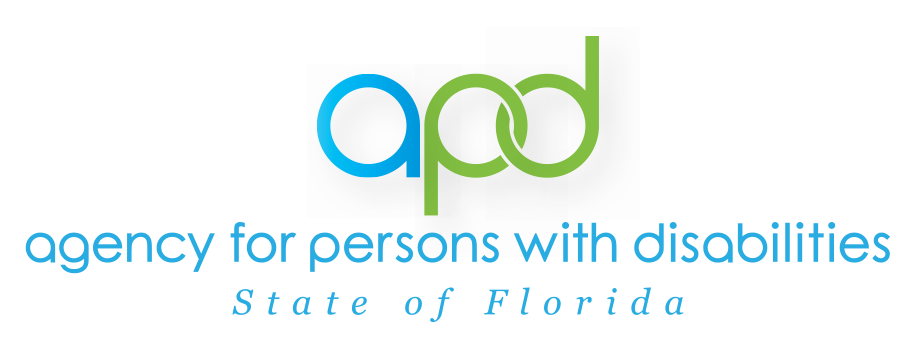Prevention and Safety for Individuals
The Agency for Persons with Disabilities (APD) is committed to a Zero Tolerance approach to abuse, neglect, and exploitation. Our primary goal is to prevent any harm before it occurs by empowering individuals, caregivers, and professionals with knowledge, tools, and proactive strategies.
Understanding Your Rights and Staying Safe
Know Your Rights
Everyone deserves to live a life free from abuse, neglect, and exploitation. Knowing your rights helps you protect yourself and make informed choices.
- Control Over Your Body: You decide who can touch you, when, and how.
- Access to Education: You have the right to learn about healthy relationships.
- Respect and Autonomy: You deserve respect and can make your own choices.
- Safe Relationships: You have the right to be in relationships that are respectful, caring, and free from harm.
Recognizing Different Types of Touch
- Good Touch: A hug or pat that makes you feel secure and respected.
- Hurtful Touch: Hitting, slapping, or any form of physical harm.
- Uncomfortable Touch: Touching private areas or any touch that makes you feel uneasy or confused.
Understanding Good vs. Bad Secrets
- Good Secrets: A surprise party or happy memory.
- Bad Secrets: When someone tells you not to tell others about something that makes you feel unsafe or uncomfortable.
Trust Your Feelings
If something feels wrong or unsafe, trust your instincts. You have the right to say "No" even to someone you know or trust.
Speak Up and Get Help
- Say “Stop”: If someone touches or treats you in a way that makes you uncomfortable, say “Stop.”
- Talk to Someone You Trust: Talk to a trusted family member, a counselor, caregiver, parent, doctor, or friend.
- Call 911 in an Emergency: If you feel unsafe, suspect someone is trying to harm you, or don’t know what to do, call 911.
Tips for Managing Paid Care Providers
Establishing clear boundaries and expectations with your care provider is important.
Set Expectations Early
Before services begin, talk about:
- What personal information should remain private (address, telephone number, medical details, financial information, etc.)
- Whether they may use your phone, car, or household items
- Rules around smoking, food preparation, and household activities
- Respecting your preferences for privacy and daily routines
Additional Tips for Your Safety
- Don’t share unnecessary personal details (like family issues or finance problems)
- Install a monitoring system
- Use caller ID to track incoming calls
- Encourage unannounced visits from trusted friends or family
- Never lend or give money to a care provider
Knowing the Neighborhood
Be informed about safety risks in your area. Florida’s sex offender registry is available 24 hours a day and 7 days a week.
Seek Support and Resources
Education and awareness are power tools for safety. If you need help navigating these conversations, numerous books, videos, and educational resources are available to assist in developing safety plans.
By embracing education and proactive training, we can help individuals with developmental disabilities build confidence, recognize their rights, and navigate relationships safely and respectfully.
You can visit our resource webpage or reach out to your local APD office for additional guidance and materials.
Find your local APD Office here: Local APD Office Locations.
